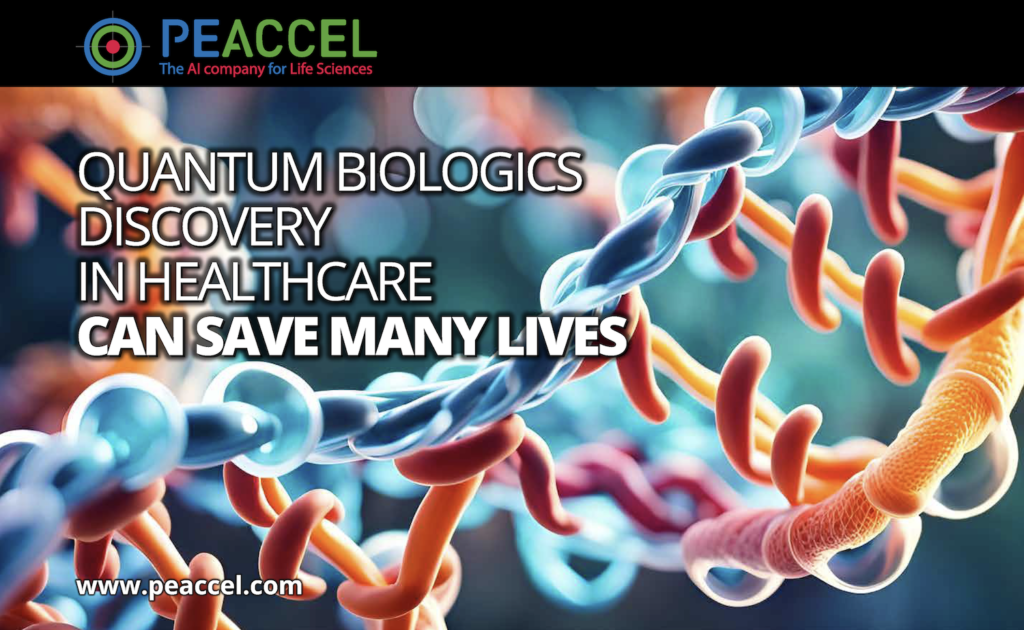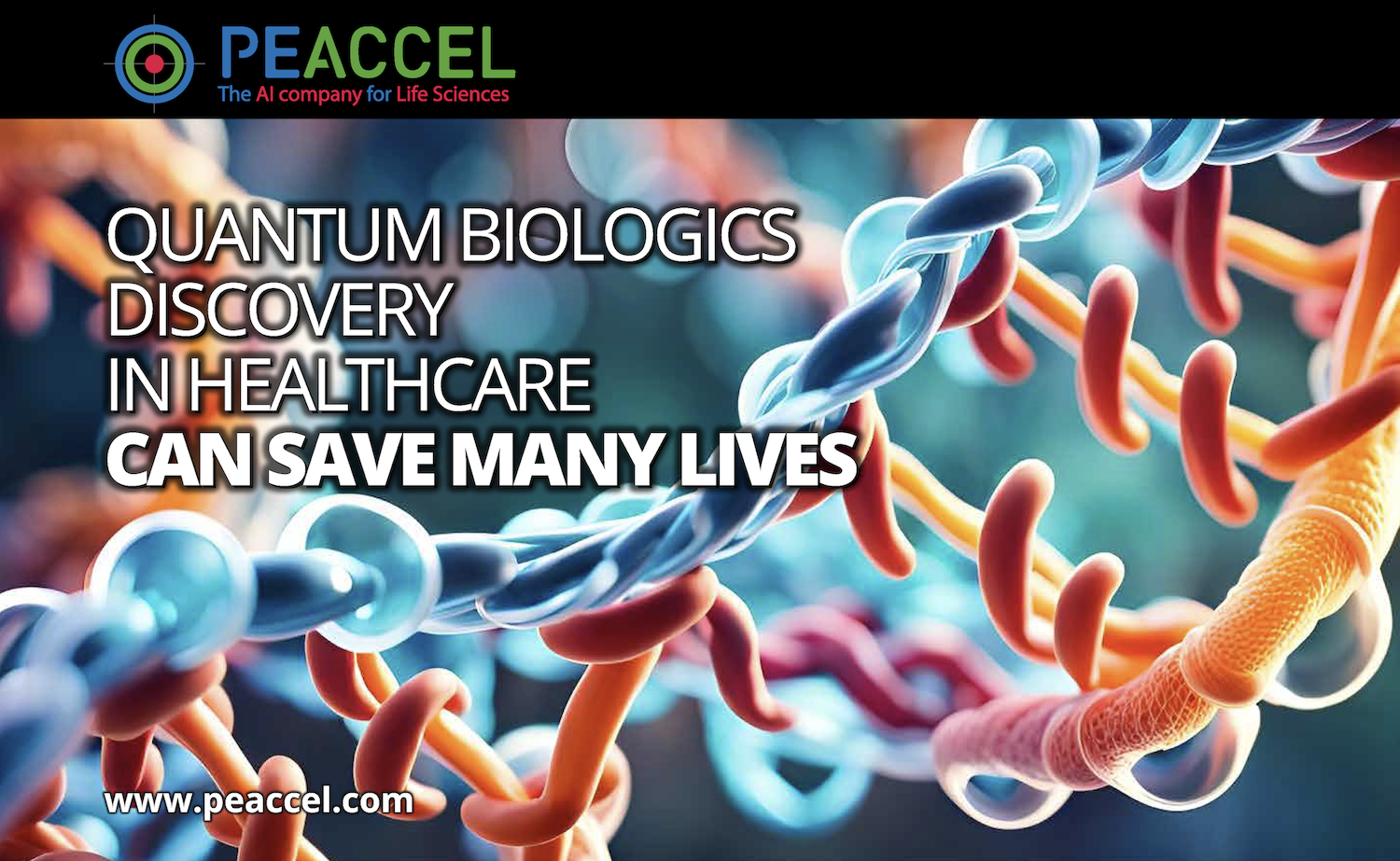
We’re thrilled to announce PEACCEL’s pioneering paper in the realm of Quantum Computing for biologics, marking a significant leap forward in pharmaceutical discovery. Our cutting-edge research, conducted in collaboration with the University of Western Australia’s esteemed Quantum Physics and Computing team – Shengxin Zhuang, John Tanner, Yusen Wu, under the great leadership of Prof Jingbo Wang, Ass. Prof Du Huynh, and Ass. Prof Weil Liu – demonstrates the untapped potential of Quantum Machine Learning (QML) in the biopharmaceutical industry.
🌐 Quantum Advantages in Computational Biology 🌐
This research underlines the significant, yet largely untapped, advantages of quantum computing in the field of computational biology. By demonstrating that QSVM can exceed the performance of classical machine learning models, we provide empirical evidence and hope for quantum advantages in real-world applications, particularly in developing safer therapeutic solutions.
🔬 Why This Matters for Pharma 🔬
In our study, we applied the quantum support vector machine (QSVM, up to 14 Qubits) to a crucial task: classifying peptides as either hemolytic or non-hemolytic. According to the French national health database, 160 drugs have been shown to induce autoimmune hemolytic anemia for the period 2012-2018, and 3,371 cases of Drug Induce Autoimmune Hemolytic anemia (DI-AIHA) were recorded (https://doi.org/10.1182/blood-2022-157730). 1% wrong class assignment means more human deaths by hemolysis. A 1% gain in accuracy in healthcare can save many lives.
The implications of this work for the pharmaceutical industry are profound. We can harness the quantum leap to expedite the development of novel biologics and transform patient care worldwide.
For more information: https://arxiv.org/abs/2402.03847
PEACCEL
Making the world disease free
Contact: AI-team@peaccel.com
http://www.peaccel.com/
